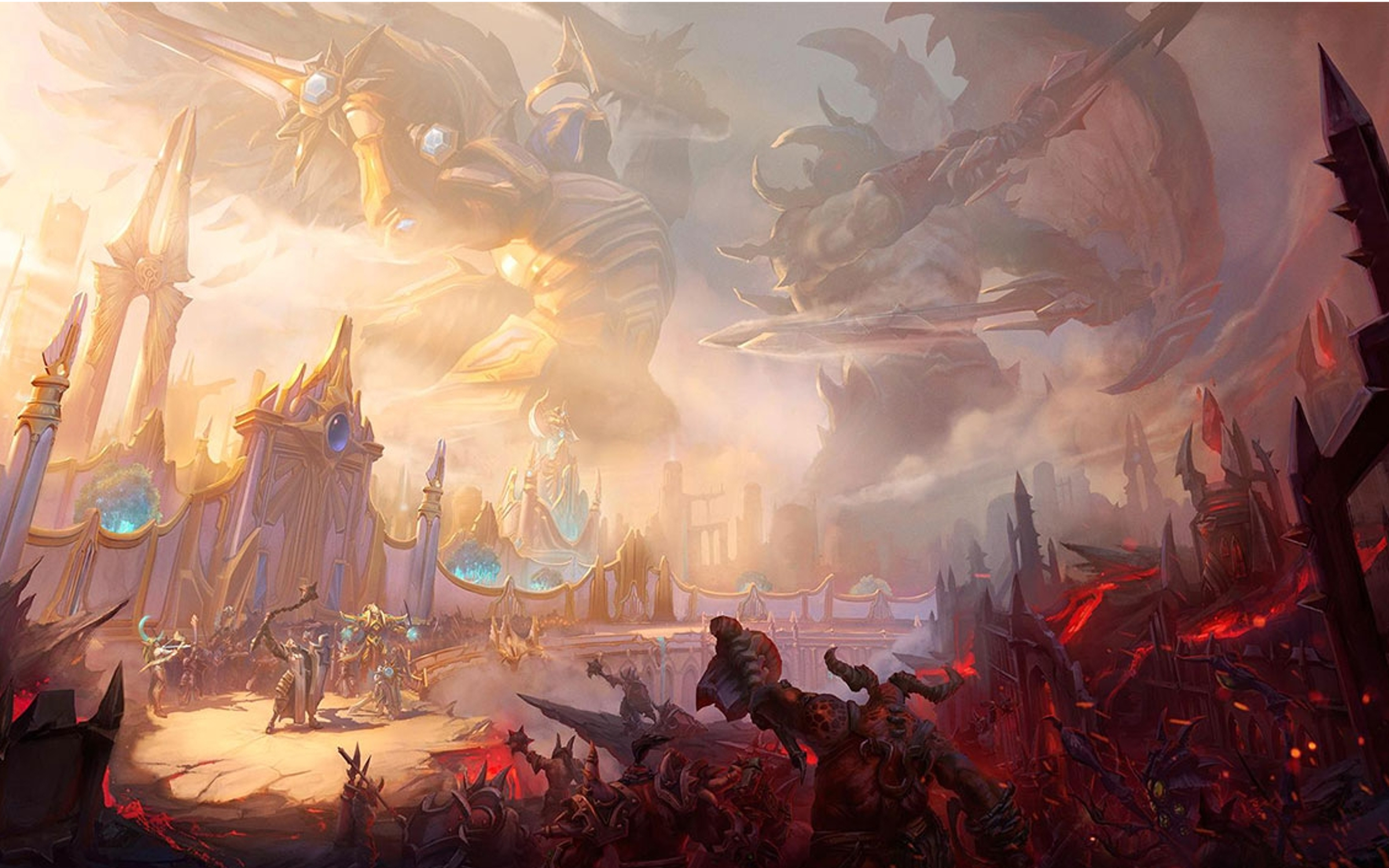

Chesterton describes it with what could be an eerie portent of today: “Carthage fell as nothing has fallen since Satan, but the destruction was final. To describe the war in the barest detail, Hannibal sneaked up on Rome by dragging his massive army of elephants, cavalry and men across the Alps and after many victories stood at the gates of the Golden City. The Rise and Fall of Hannibal, “The Grace of Baal.” They were highly polished with many luxuries, but they bowed to their god by throwing hundreds of their babies into a large furnace. They believed their ruthless deity could really get things done. (Their great general Hannibal’s name itself means “grace of Baal”). Chesterton tells us that, being a practical people, they called on the darker spirits of power and compulsion, the demon Moloch. It was the god of the corn and not of the grass, of the cattle and not the wild things of the forest in short the cult was literally a culture as when we speak of it as agriculture.” Carthage: An Empire that Only Valued Materialism.Ĭarthage was an empire of trade, business and materialism.

Chesterton says, “his mythology personified nature as transformed by the forces of man. Rome, while still pagan, worshiped gods of the home and hearth. Chesterton calls it The War of the Gods and Demons and devotes a chapter to it in his book The Everlasting Man–his masterpiece of the history of the world told in religious and philosophical terms, rather than economic. It was the largest war ever fought up until that time, and far from just being a battle over trade routes it was a battle for the “soul of Europe” and humanity itself, represented by Rome, and the demon worshiping Carthaginians. They were a trade and shipping empire in North Africa across the Meditrranean Sea. The three Punic Wars (from Latin pūnicus) were named for the people of Carthage who traced their origins back to Phoenicia.

They also tell a story of a people seemingly defeated and in ruin who still managed to triumph. The wars between ancient Rome and Carthage 264 BC to 146 BC, still have significance today because they molded the face of Europe.


 0 kommentar(er)
0 kommentar(er)
